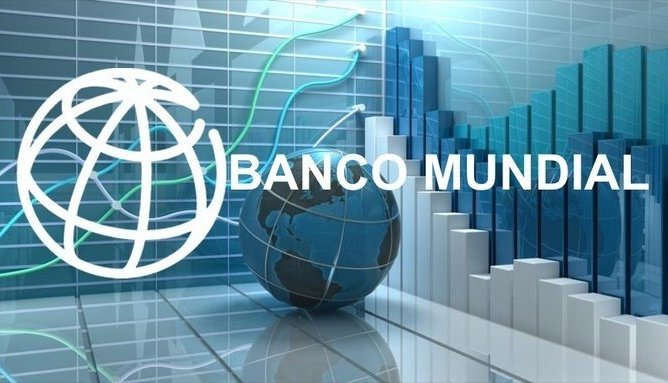The financial institution, in its report, forecasts that, in 2021, the world economy will expand by 5.6%, the fastest post-recession pace in 80 years, largely due to a strong rebound in some of the major economies.
In the face of the severe blow caused by the pandemic many emerging markets and developing economies continue to struggle with the consequences.

Despite the upturn, by the end of this year, global output will be around 2% lower than projected before the pandemic.
"It is critical that coordinated global efforts to accelerate vaccine delivery and debt relief, especially for low-income countries, are pursued. As the health crisis subsides, policymakers will need to address the lingering effects of the pandemic and take steps to promote green, resilient, and inclusive growth while protecting macroeconomic stability", said David Malpass, President of the World Bank Group.

In addition, the "Global Economic Prospects" report highlights in one of its sections how reducing trade costs, such as those associated with complex logistics and border procedures, could help recovery between emerging markets, and developing economies by facilitating trade.
Although trade costs have fallen over the past 15 years, they are still almost 50% higher in these countries than in advanced economies, largely due to higher shipping and logistics costs.
Efforts to simplify business processes and licensing requirements to improve transportation infrastructure and management, encourage wider distribution of information, and strengthen competition in domestic logistics and retail and wholesale trade could lead to significant cost savings.

"Linkages between trade and international value chains have been a vital driver of economic progress in developing economies and have helped lift many people out of poverty. However, on current trends, global trade growth is set to slow over the next decade", said Indermit Gill, Vice President for Equitable Growth, Finance and Institutions at the World Bank Group.
Moreover, the report analyzes the rebound in global inflation, which has accompanied the recovery of economic activity. By 2020, the global recession caused the smallest drop in inflation and the fastest subsequent rise in inflation in the last five global recessions.
The report notes that global inflation is likely to continue rising for the remainder of this year, but is expected to remain within target ranges in most inflation-targeting countries. In those emerging market and developing economies where inflation is above target, a monetary policy response may not be warranted if it is temporary and inflation expectations remain well entrenched.

Rising food prices and accelerating aggregate inflation can also add to food insecurity concerns in low-income countries, where policymakers must ensure that rising inflation rates do not undermine inflationary expectations and resist the temptation to provide subsidies or establish price controls to avoid putting further upward pressure on global food prices.
"Higher global inflation could complicate policy choices in emerging market and developing economies in the coming months, as some of these economies still rely on expansionary support measures to secure a lasting recovery", said Ayhan Kose, director of the World Bank's Outlook Group.
 English
English  Español
Español 
